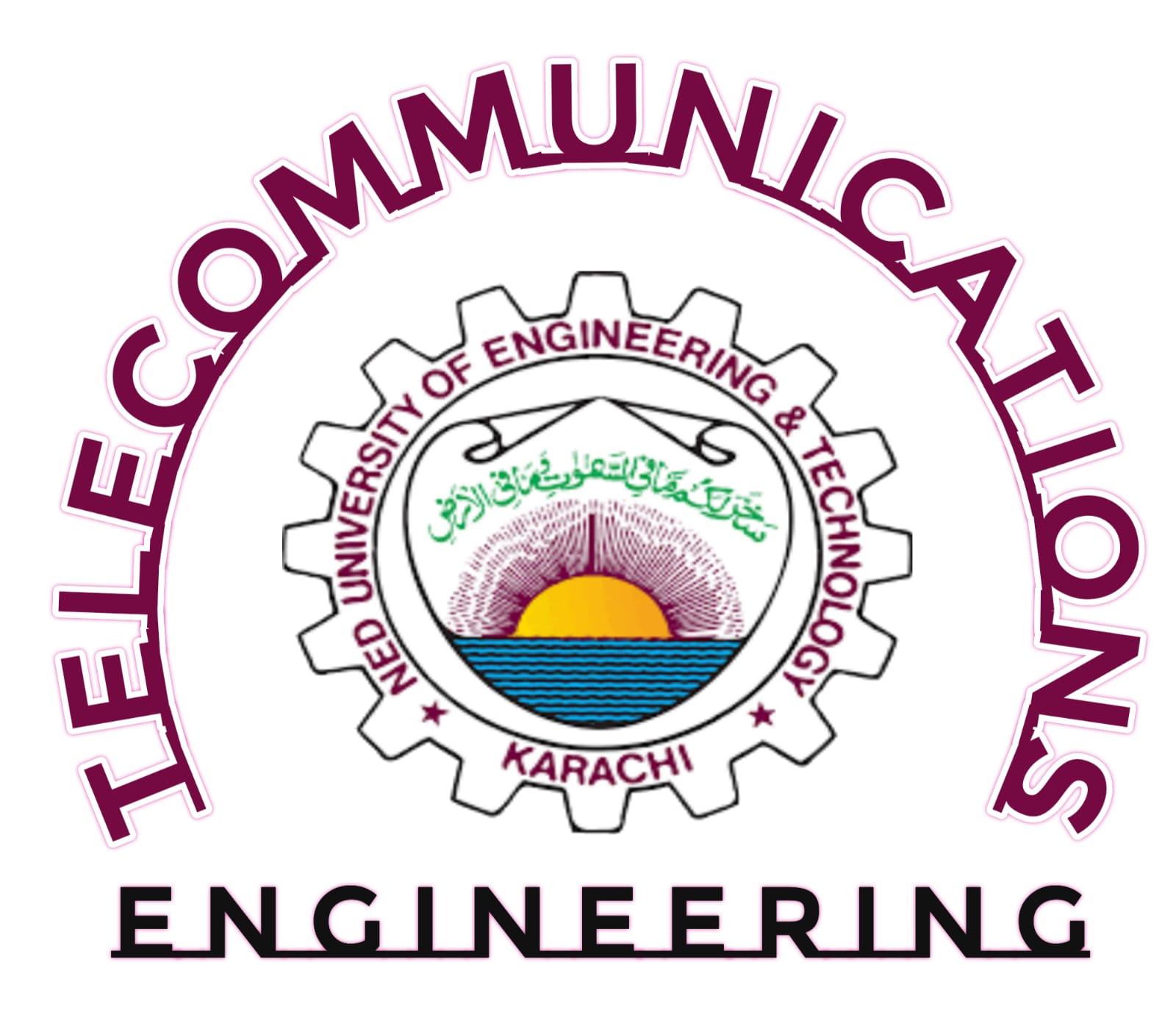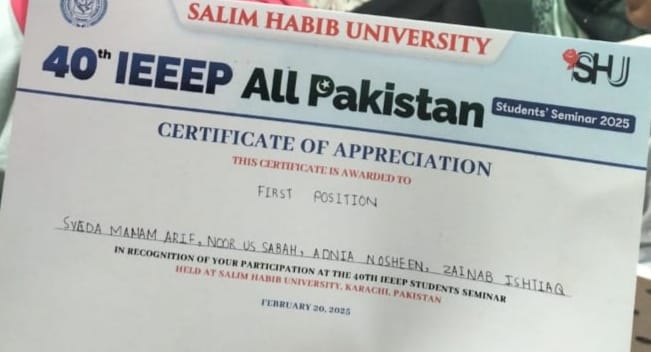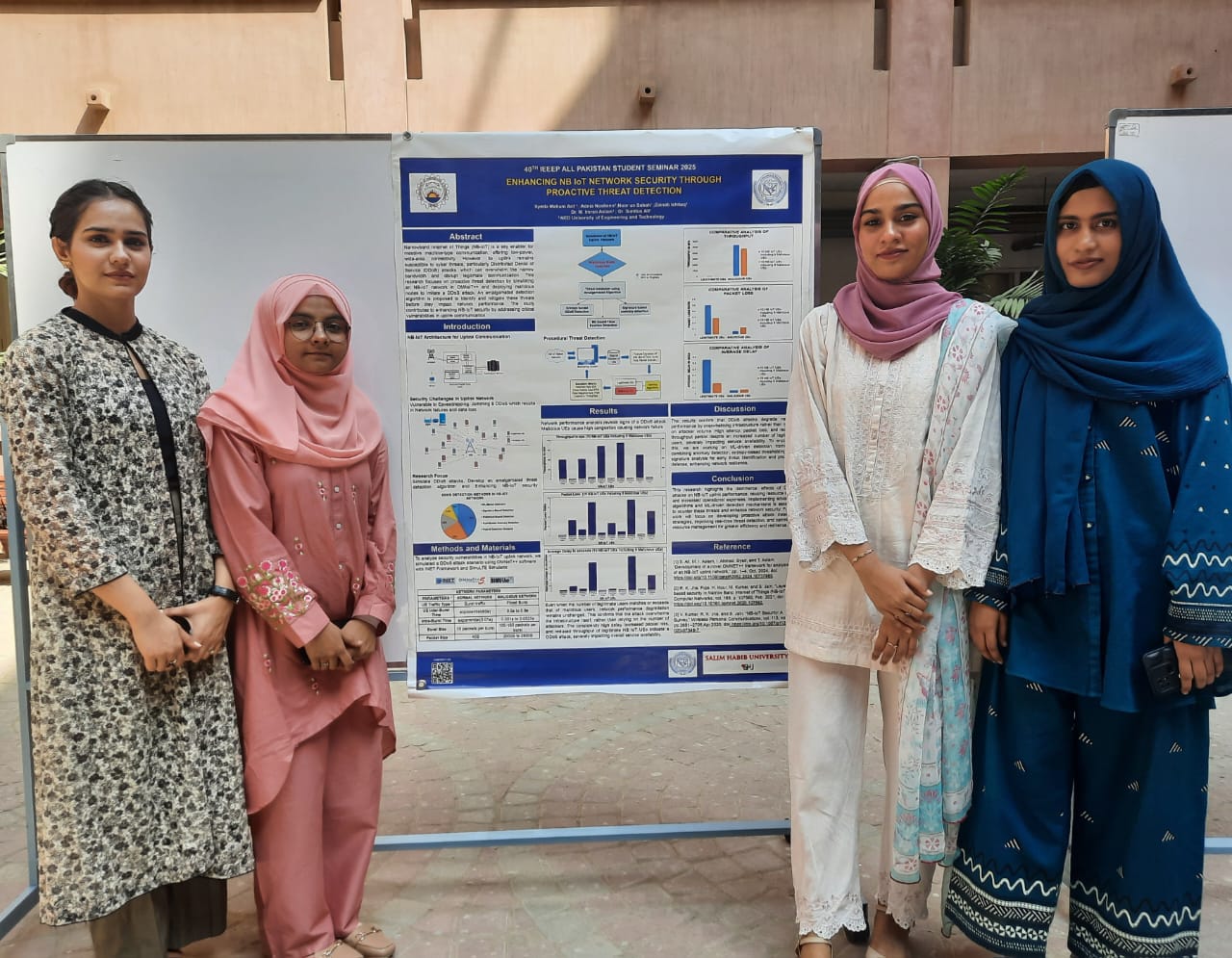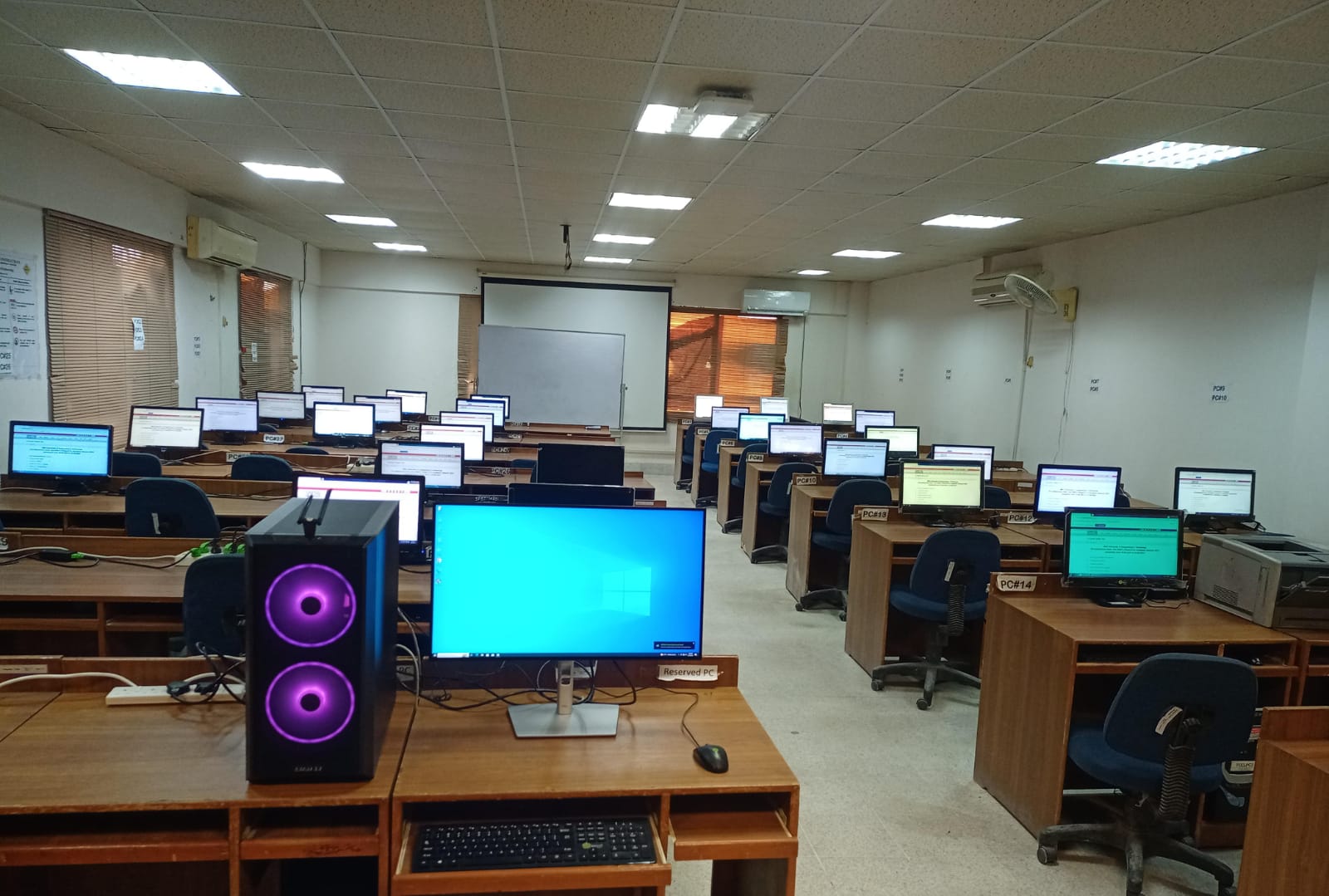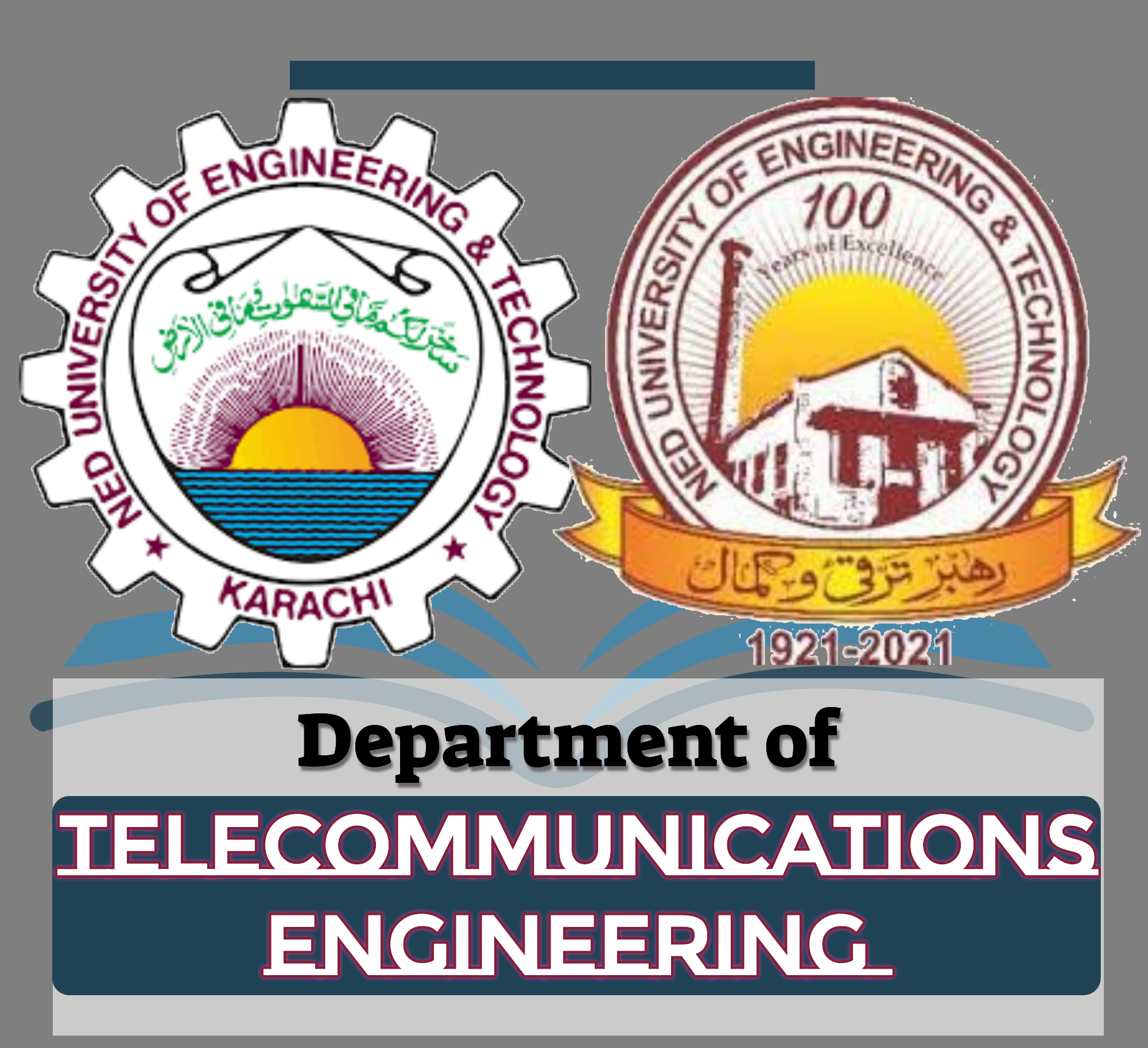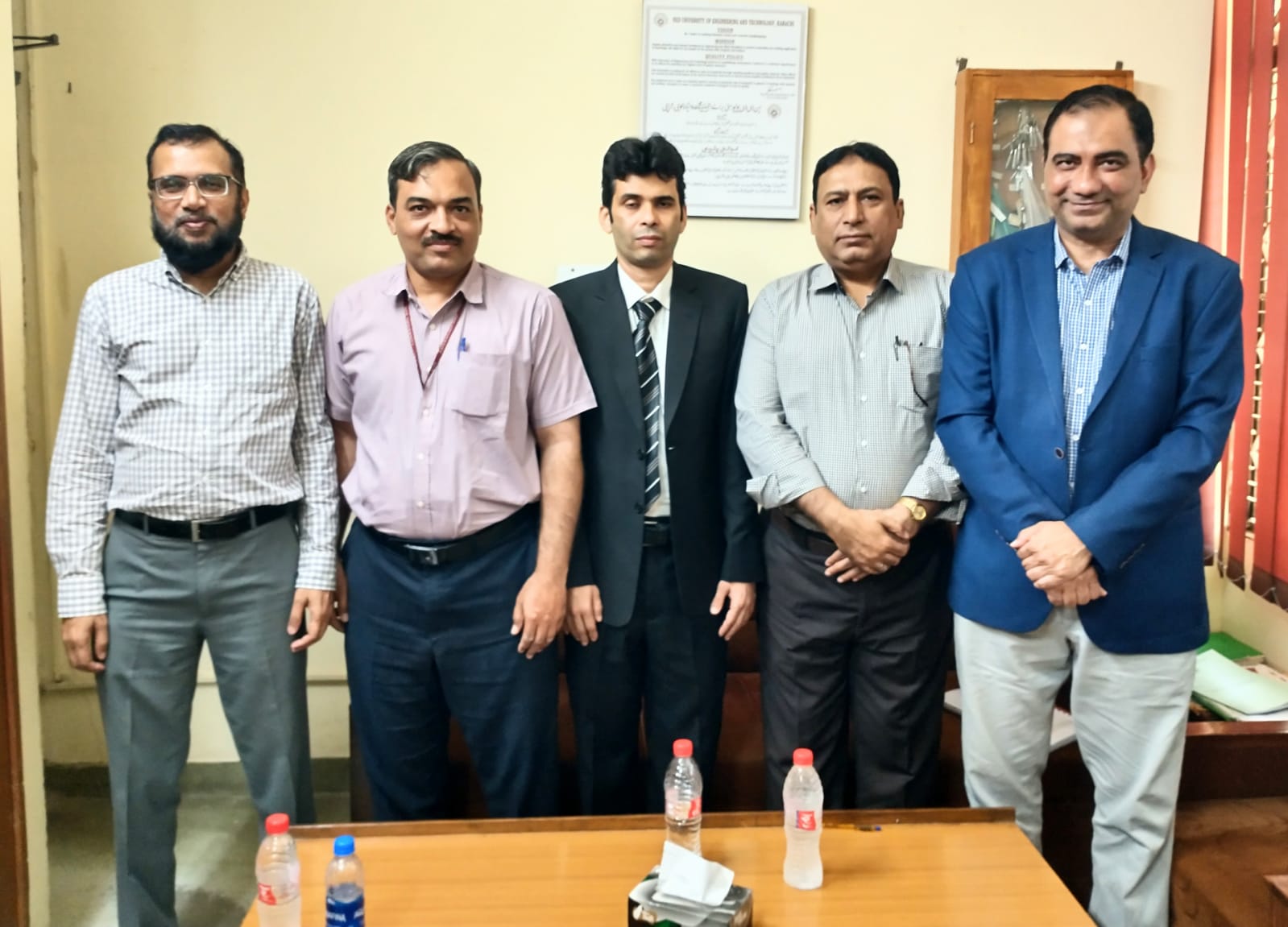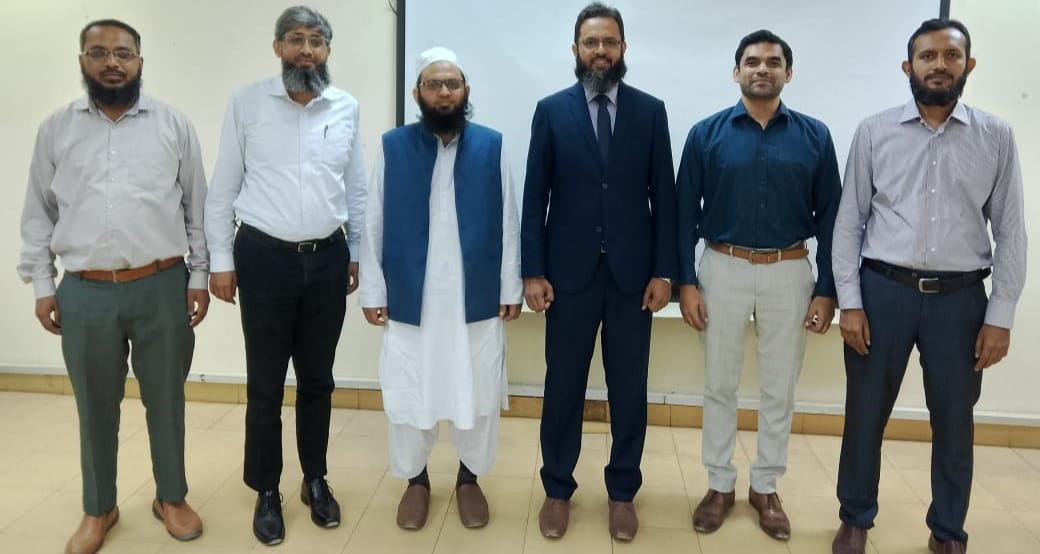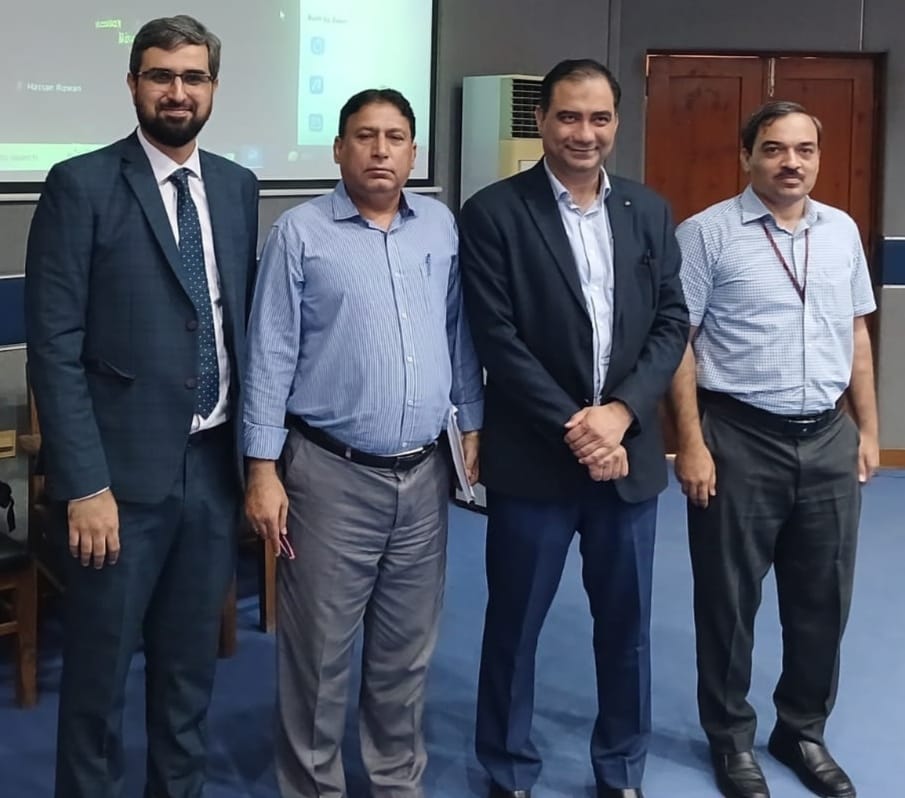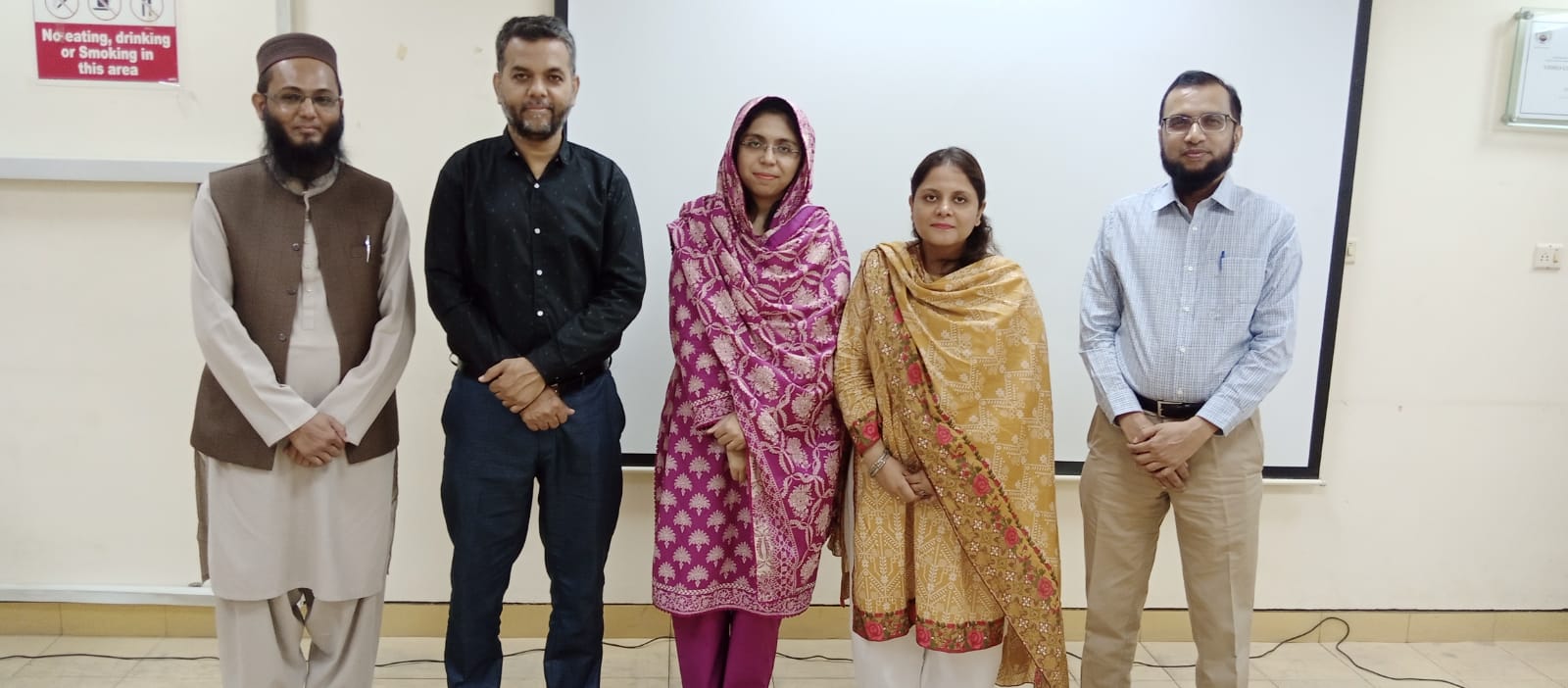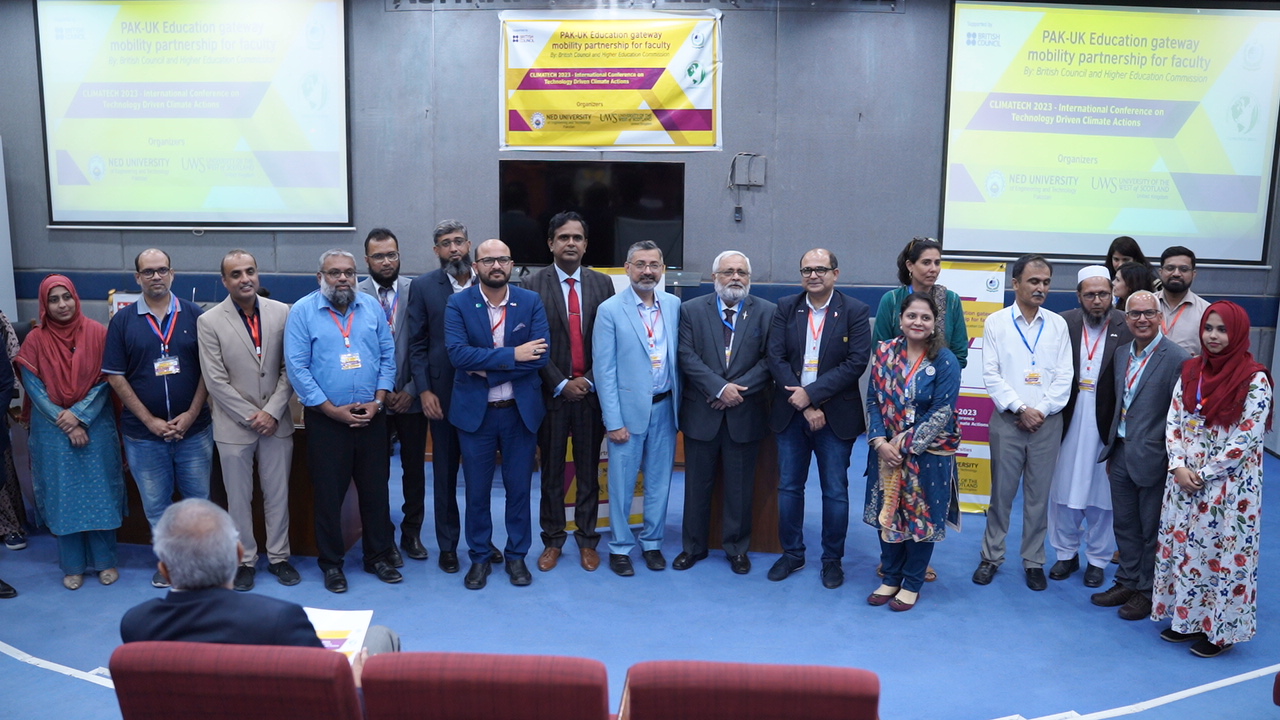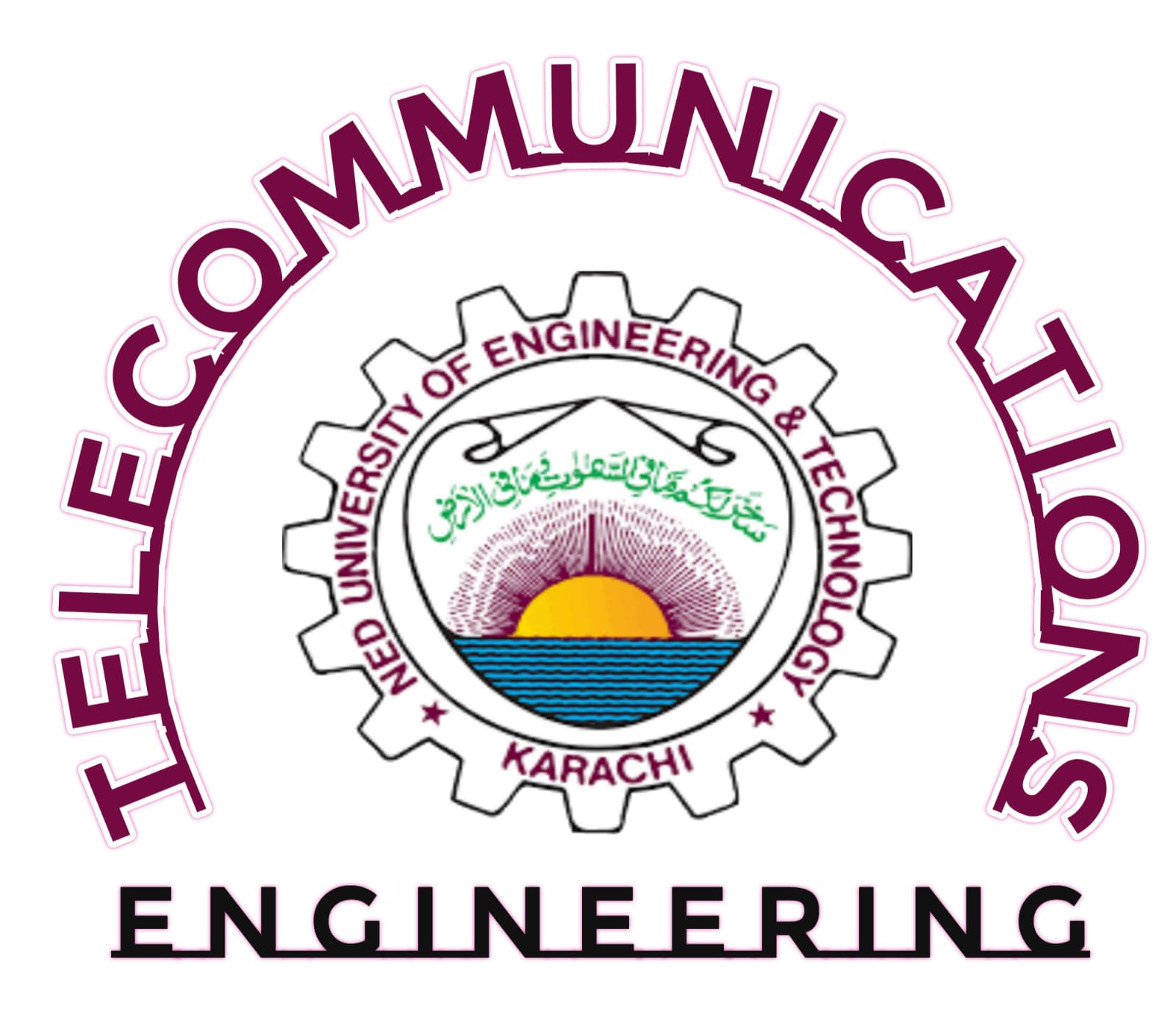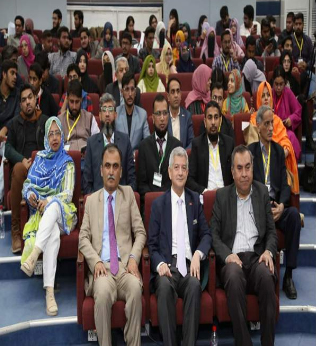Time Tables
First Year Telecom Time Table fall 2021
Second Year Telecom Time Table fall 2021
Third Year Telecom Time Table fall 2021
Final Year Telecom Time Table fall 2021
Syllabi of Courses for BE (Telecommunications) Degree Programme
Applicable from Batch 2017-2018 & Onwards
Applicable from Batch 2014-2015 & Onwards
Applicable from Batch 2011-2012 & Onwards
Applicable from Batch 2010-2011
Applicable from Batch 2005-2006
First Year
Second Year
Signals & Systems TC-204
Digital Logic Design TC-202
Third Year
Communication Systems TC-307
Telecommunication Networks TC-316
Antenna & Microwave Engineering TC-313
Wireless & Mobile Communication TC-314
Optical Fiber Communication TC-315
Final Year
Satellite Communication TC-493
Digital Image Processing TC-424
First Year
Basic Electronics EL-102
Programming with C Language TC-103
Engineering Drawing & Workshop TC-102
Fundamentals of Telecommunication Engineering TC-101
Basic Electrical Engineering EE-113
Second Year
Amplifier & Oscillator EL-236
Electrical Machine-I EE-241
Instrumentation EE-221
Digital Logic Design TC-201
Signals & Systems TC-204
Digital Logic Design TC -203
Signals & Systems TC-202
Electromagnetic Field EE-281
Digital Signal Processing TC-212
Third Year
Optical Fibre Communication TC-315
Antenna Microwave Engineering TC-313
Communication Electronics TC-334
Communication System- For CIS TC-383
Antenna Microwave Engineering TC-382
Communication Systems-1 TC-394
Digital Electronics EL-335
Digital Signal Processing (TC) EE-393
Electrical Filter EE-315
Linear Control System EE-372
Navigational Aids & Radar Systems TC-381
Digital Communication Information Theory TC-311
Wireless & Mobile Communication TC-387
Telecommunication Networks TC-316
Final Year
Telecommunication Management Networks TC-488
Communication Management TC-498
Multimedia Communication TC-497
Optical Fiber Communication TC-492
Satellite Communication TC-493
Telecommunication Switching System TC-485
Communication Sytems -II TC-492Navigational Aids & Radar Systems TC-481
Program Educational Objectives (PEOs)
PEO-1: Demonstrate technical knowledge and competence in the implementation, testing and troubleshooting of Telecommunication engineering systems.
PEO-2: To have independent critical thinking as well as be a team player and provide leadership in communication and network engineering projects while engaging in effective professional communication within and beyond the engineering community.
PEO-3: Continue to develop professionally through life-long learning, while considering ethical and environmental issues.
Program Learning Objectives (PLOs)
- PLO-1 (Engineering Knowledge): An ability to apply knowledge of mathematics, science, engineering fundamentals and an engineering specialization to the solution of complex engineering problems.
- PLO-2 (Problem Analysis): An ability to identify, formulate, research literature, and analyze complex engineering problems reaching substantiated conclusions using first principles of mathematics, natural sciences and engineering sciences.
- PLO-3 (Design/Development of Solutions): An ability to design solutions for complex engineering problems and design systems, components or processes that meet specified needs with appropriate consideration for public health and safety, cultural, societal, and environmental considerations
- PLO-4 (Investigation): An ability to investigate complex engineering problems in a methodical way including literature survey, design and conduct of experiments, analysis and interpretation of experimental data, and synthesis of information to derive valid conclusions.
- PLO-5 (Modern Tool Usage): An ability to create, select and apply appropriate techniques, resources, and modern engineering and IT tools, including prediction and modeling, to complex engineering activities, with an understanding of the limitations.
- PLO-6 (The Engineer and Society): An ability to apply reasoning informed by contextual knowledge to assess societal, health, safety, legal and cultural issues and the responsibilities relevant to professional engineering practice and solution to complex engineering problems.
- PLO-7 (Environment and Sustainability): An ability to understand the impact of professional engineering solutions in societal and environmental contexts and demonstrate knowledge of and need for sustainable development.
- PLO-8 (Ethics): Apply ethical principles and commit to professional ethics and responsibilities and norms of engineering practice.
- PLO-9 (Individual and Team Work): To enable them to work effectively, as an individual or in a team, on multifaceted and /or multidisciplinary settings.
- PLO-10 (Communication): An ability to communicate effectively, orally as well as in writing, on complex engineering activities with the engineering community and with society at large, such as being able to comprehend and write effective reports and design documentation, make effective presentations, and give and receive clear instructions.
- PLO-11 (Project Management): An ability to demonstrate management skills and apply engineering principles to one’s own work, as a member and/or leader in a team, to manage projects in a multidisciplinary environment.
- PLO-12 (Lifelong Learning): An ability to recognize importance of, and pursue lifelong learning in the broader context of innovation and technological developments.
| PEOs (Program Educational Objectives)
PLOs (Program Learning Objectives) | PEO-1 Demonstrate technical knowledge and competence in the practice of Telecommunication engineering. PEO-2 To be a team player and provide leadership in engineering projects while engaging in effective professional communication within, and beyond the engineering community. PEO-3 Continue to develop professionally through life-long learning, while considering ethical and environmental issues. | ||
| PEO-1 | PEO-2 | PEO-3 | |
| Engineering Knowledge | x | ||
| Problem Analysis | x | ||
| Design/Development of Solutions | x | ||
| Investigation | x | ||
| Modern Tool Usage | x | ||
| The Engineer and Society | x | ||
| Environment and Sustainability | x | ||
| Ethics | x | ||
| Individual and Team Work | x | ||
| Communication | x | ||
| Project Management | x | ||
| Lifelong Learning | x | ||
